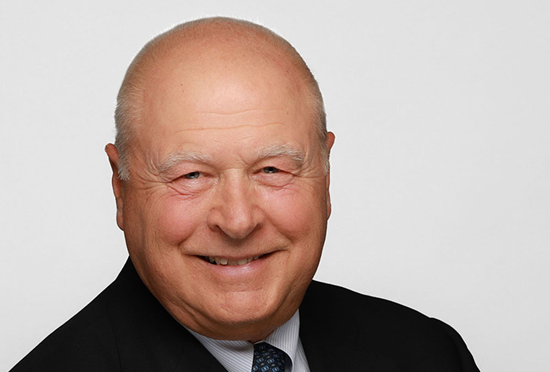44% of firms not AIFMD authorised

While 82% of managers confirmed that the required AIFM structure has been established to meet the July 22 deadline, 44% will not have received authorisation from their local regulator by that date.
Furthermore, many managers have yet to fully implement key elements of the directive. Almost a third (31%) still need to implement risk and control systems, 36% have yet to update fund documentation, and 38% have yet to appoint a depository.
“It hard to say at this juncture if this pattern of delayed adoption will have a meaningful or lasting impact – but it is clear that all market participants, regulators included, are looking to be pragmatic when it comes to implementing the necessary changes,” said Hani Kablawi, head of asset servicing for Europe, Middle East & Africa at BNY Mellon.
The 58 survey respondents comprised a mix of small, medium and large fund managers, from the EU, US and Asia, collectively holding over $406bn in assets under management. The survey findings revealed widespread pessimism over the implementation of the AIFM directive.
The expectation that the directive would create more costs was prevalent, with 74% respondents expecting that regulatory reporting, followed by risk and compliance reporting at 58%, to incur the greatest one-off costs.
These two areas were also expected to account for the majority of ongoing costs associated with AIFM directive compliance.
A small number (13%) of respondents expected increased costs to be passed on to the individual fund in full.
As a consequence of their experiences with AIFM directive compliance, fund managers are apprehensive towards the forthcoming Ucits V regulation, believing that implementation costs will exceed original expectations, and that compliance will be more complex than anticipated.
“Now is the time for fund managers to start planning and to identify the lessons learned from the AIFM directive that can then be applied as they look to successfully navigate the changes that will bring around depositary functions, remuneration and administrative sanctions,” said Kablawi.
Risk management solutions firm, RiskSystem, has warned AIFMs that regulators will not be afraid to make examples of companies who cannot effectively demonstrate their full compliance.
“The transition period has given managers, regulators and investors time to prepare; however it is very apparent a large degree of unpreparedness and some confusion remains. This will not, however, be a sufficient enough excuse should the regulator come knocking,” said Peter Cripwell, CEO of RiskSystem.
Not all investors take such a gloomy outlook for the implementation of AIFM directive. Principal Global Investors Europe has published a white paper that celebrates the positive impact the directive could have, including the benefits of marketing passports for firms, greater investor protection and satisfaction, as well as a simplified market.
The paper also speculates that the AIFM directive could reach a status similar to that of Ucits, which has proved a popular and trusted brand inside and out of Europe.
“The industry has been focused on the detailed and difficult implementation process of the AIFM directive, without giving much thought to the opportunities the directive can create,” said Chris Reddy, president and chief operating officer at Principal Global Investors Europe.
“
Similarly, the head of depositary banking at BNP Paribas Securities Service, Arnaud Claudon, said he welcomed the new regulation.
“
Found this useful?
Take a complimentary trial of the FOW Marketing Intelligence Platform – the comprehensive source of news and analysis across the buy- and sell- side.
Gain access to:
- A single source of in-depth news, insight and analysis across Asset Management, Securities Finance, Custody, Fund Services and Derivatives
- Our interactive database, optimized to enable you to summarise data and build graphs outlining market activity
- Exclusive whitepapers, supplements and industry analysis curated and published by Futures & Options World
- Breaking news, daily and weekly alerts on the markets most relevant to you




